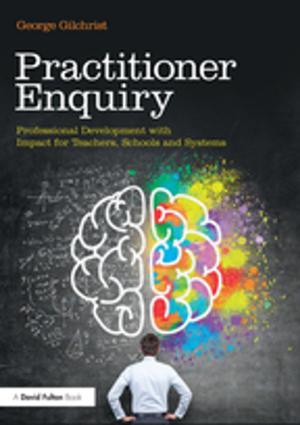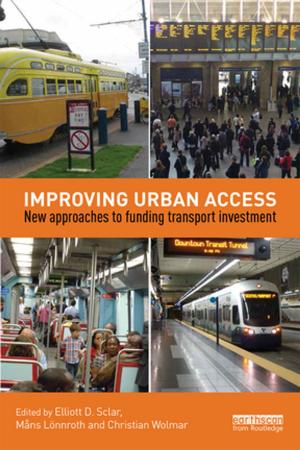Economics for an Information Age
Money-Bargaining, Support-Bargaining and the Information Interface
Business & Finance, Economics, Microeconomics| Author: | Patrick Spread | ISBN: | 9780429792687 |
| Publisher: | Taylor and Francis | Publication: | October 8, 2018 |
| Imprint: | Routledge | Language: | English |
| Author: | Patrick Spread |
| ISBN: | 9780429792687 |
| Publisher: | Taylor and Francis |
| Publication: | October 8, 2018 |
| Imprint: | Routledge |
| Language: | English |
Economics for an Information Age examines the central role of information within economics and society. The neoclassical economic model, taught as ‘mainstream economics’ in universities around the world, relies on a mathematical model of ‘resource allocation’ in which private advantage gives rise to public advantage in the shape of an optimal allocation of resources. However, this model assumes ‘perfect information’. In the present ‘information age’ such an assumption is even farther from the reality than it was in the past. People disseminate and manipulate information to further their interests.
This book explains economic behaviour in terms of a theory of ‘money-bargaining’ and political and intellectual ‘support-bargaining’, in which the dissemination of information plays a central role. It uses this lens to explain how information is created, manipulated, disseminated, organised, understood, interpreted, used, bought and sold.
This book will be of interest to mainstream and heterodox economists alike, as well as historians of economic thought, and anyone who seeks to better understand the impact of the information age on economic behaviour.
Economics for an Information Age examines the central role of information within economics and society. The neoclassical economic model, taught as ‘mainstream economics’ in universities around the world, relies on a mathematical model of ‘resource allocation’ in which private advantage gives rise to public advantage in the shape of an optimal allocation of resources. However, this model assumes ‘perfect information’. In the present ‘information age’ such an assumption is even farther from the reality than it was in the past. People disseminate and manipulate information to further their interests.
This book explains economic behaviour in terms of a theory of ‘money-bargaining’ and political and intellectual ‘support-bargaining’, in which the dissemination of information plays a central role. It uses this lens to explain how information is created, manipulated, disseminated, organised, understood, interpreted, used, bought and sold.
This book will be of interest to mainstream and heterodox economists alike, as well as historians of economic thought, and anyone who seeks to better understand the impact of the information age on economic behaviour.















